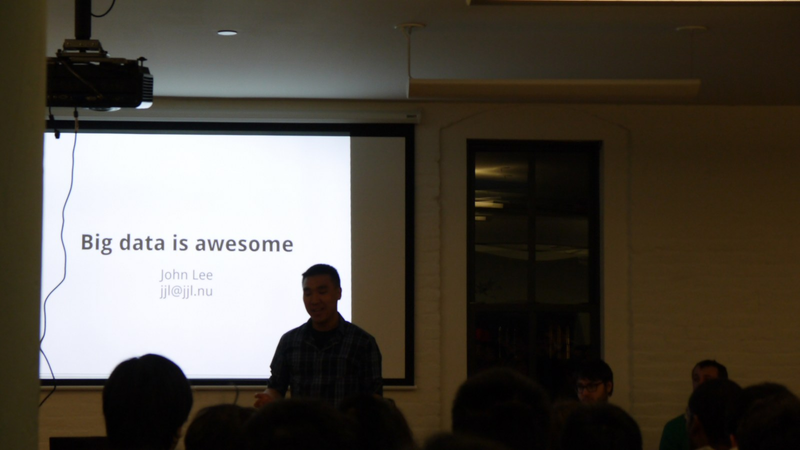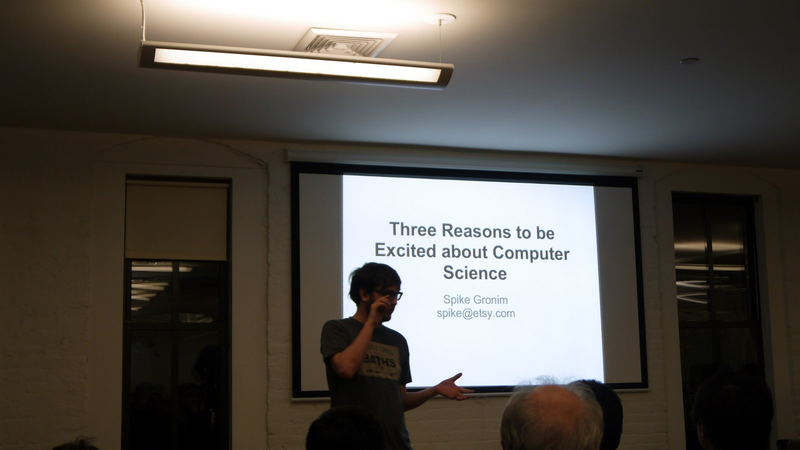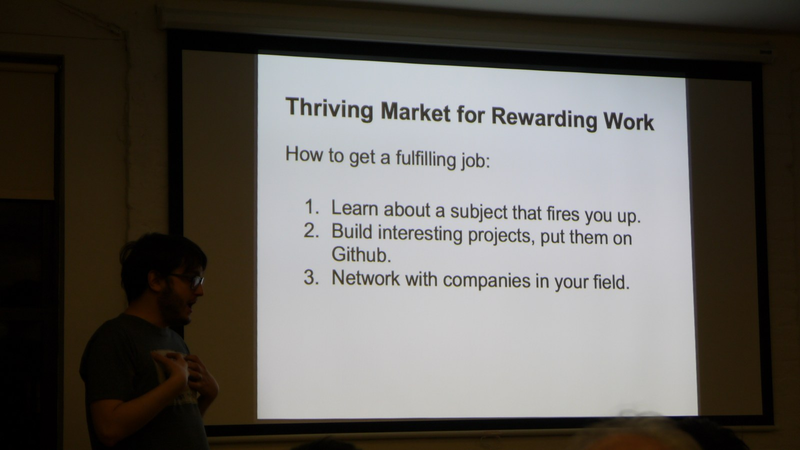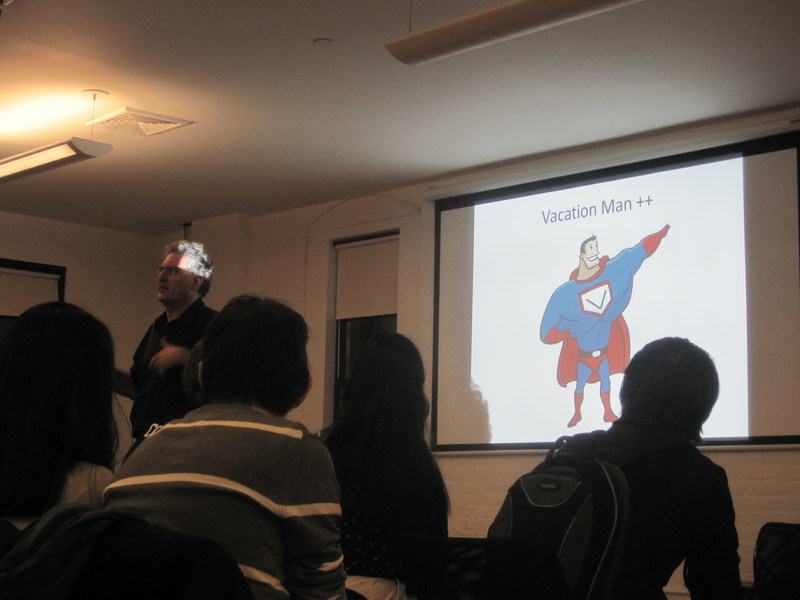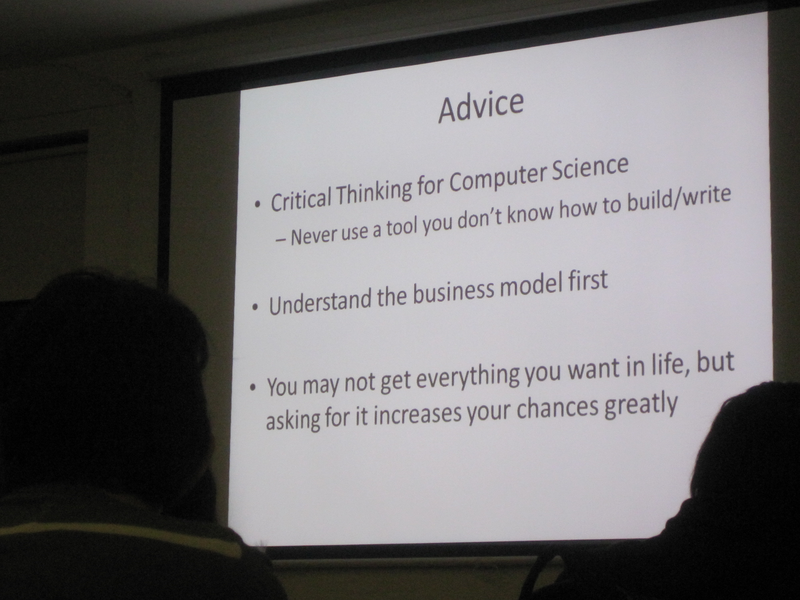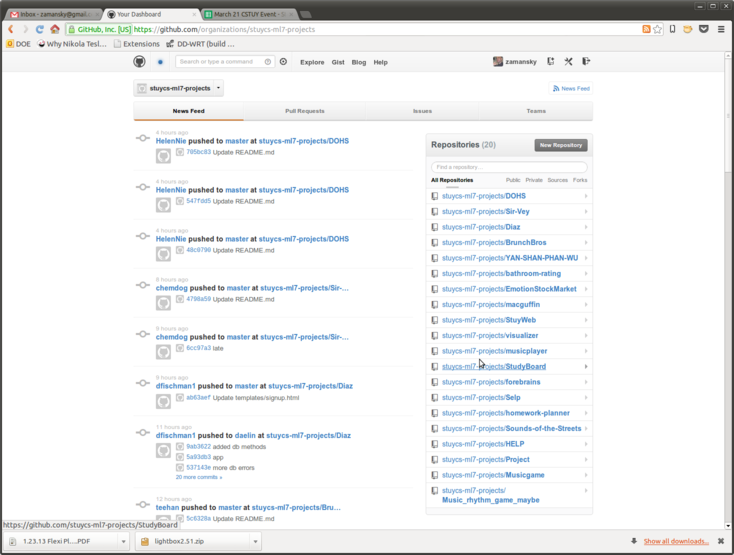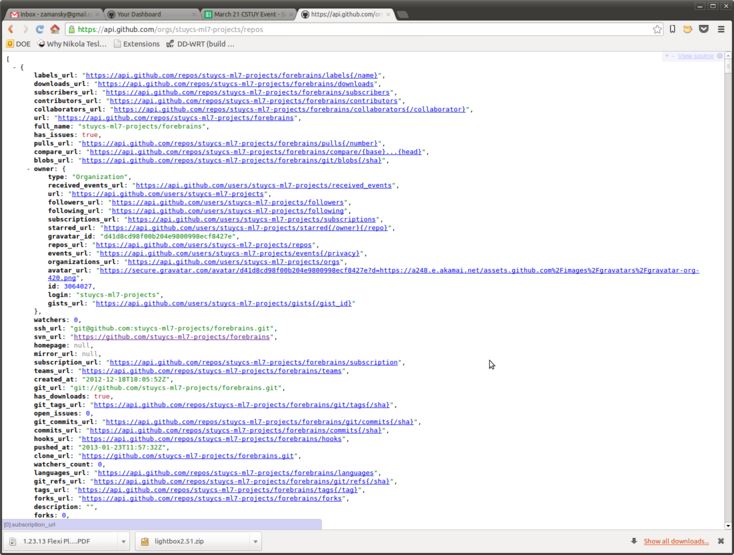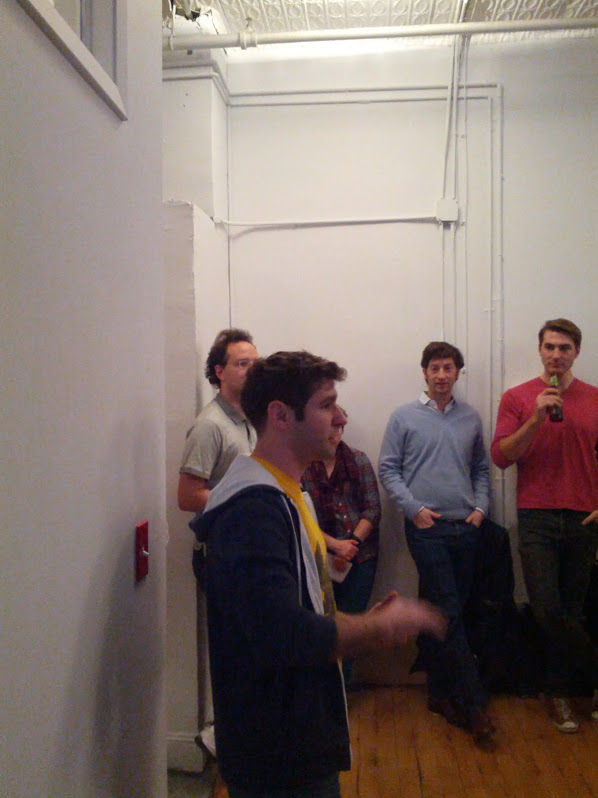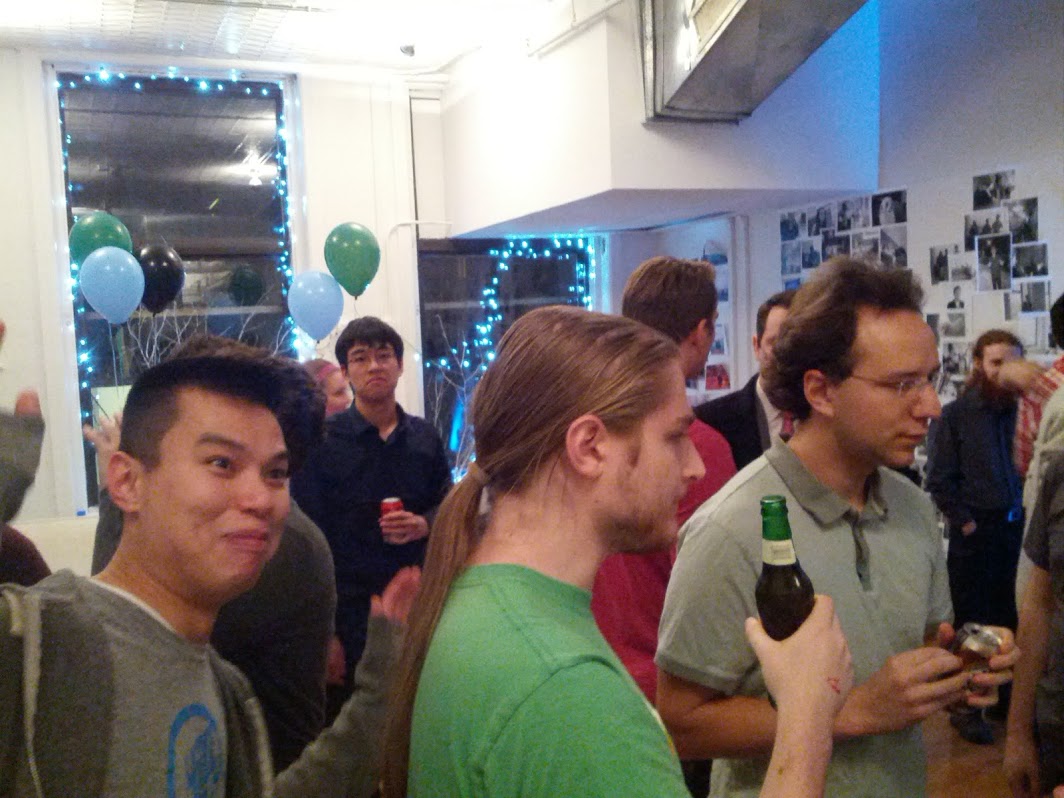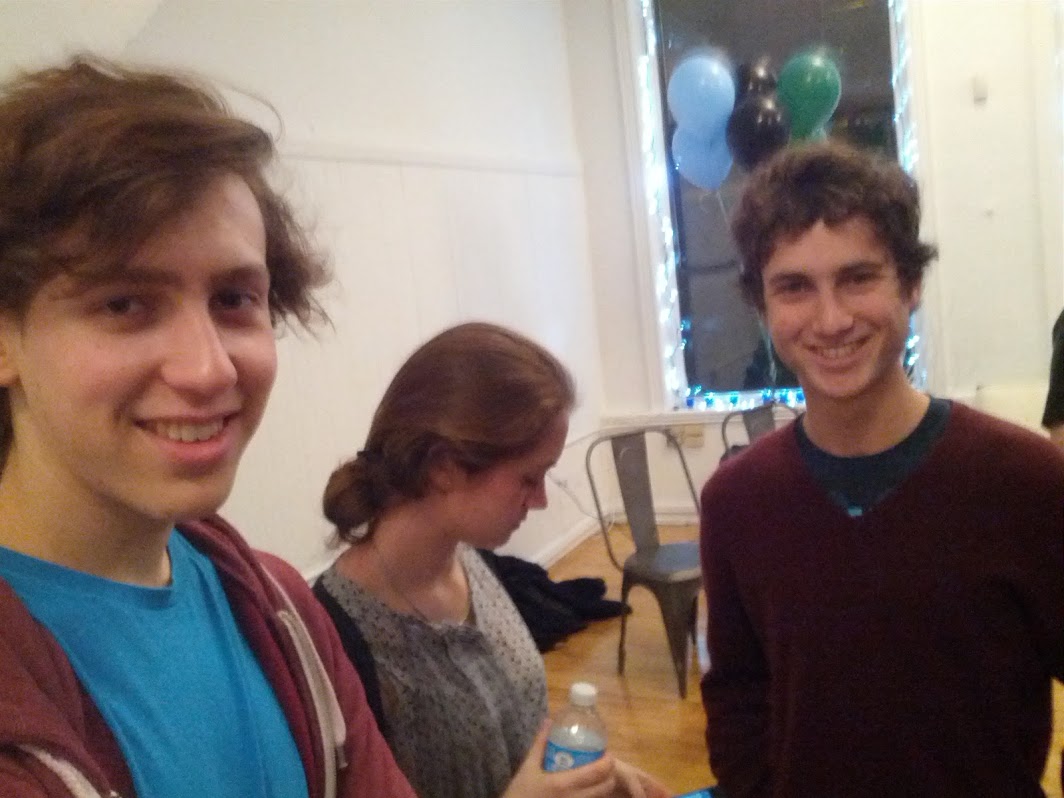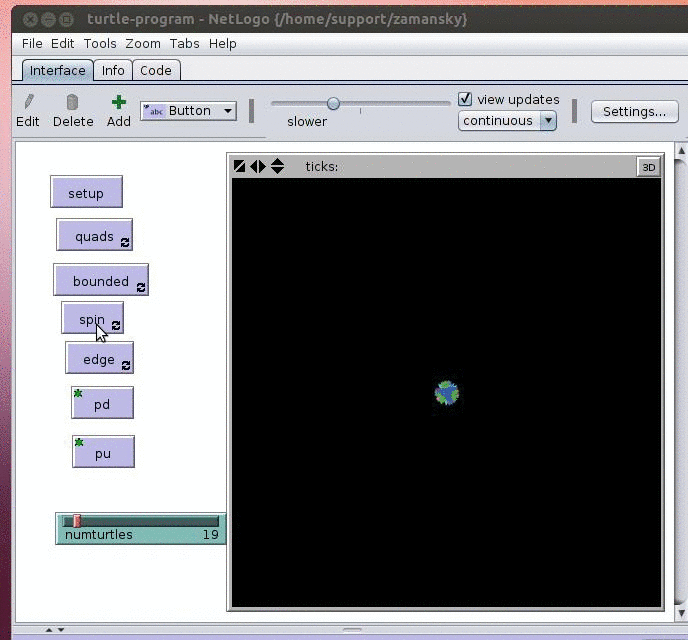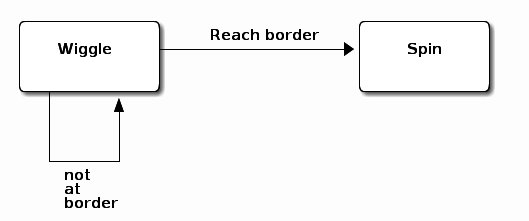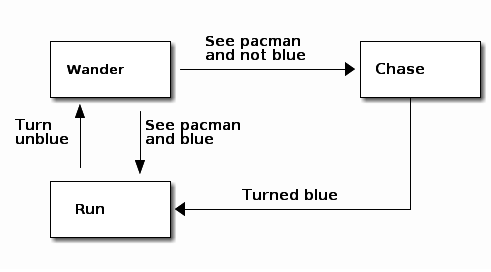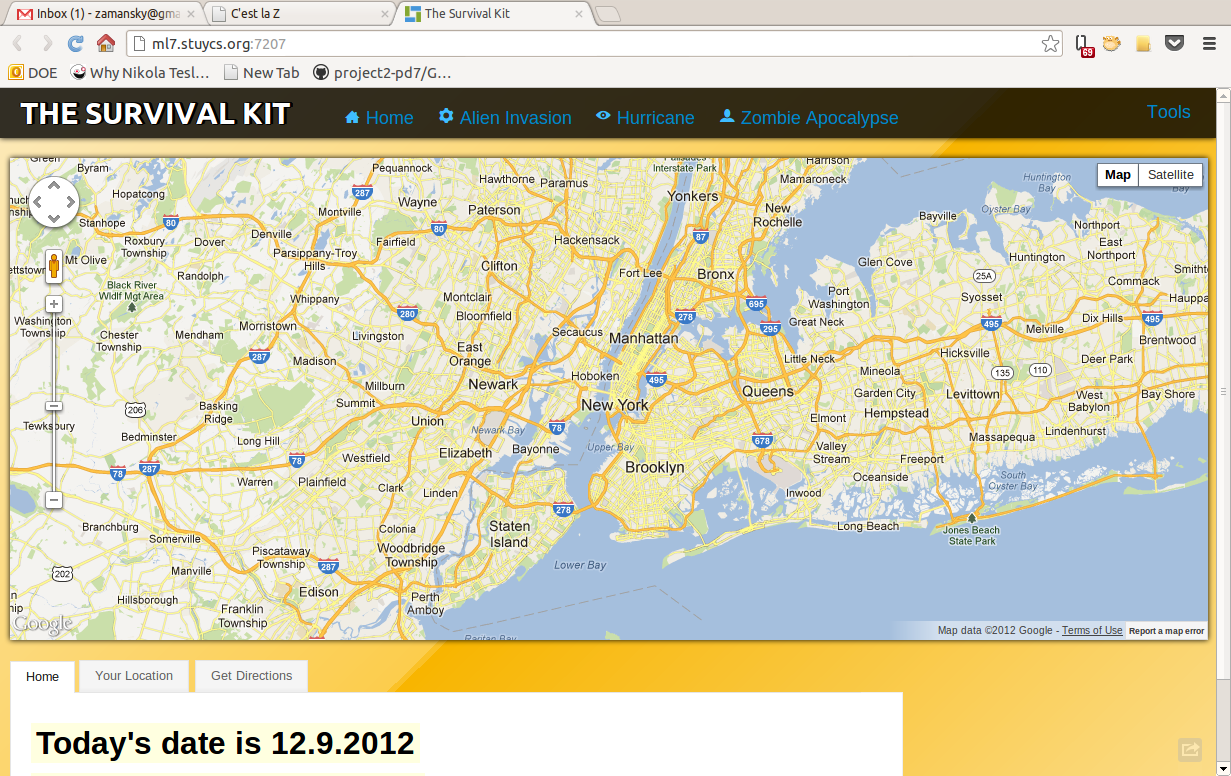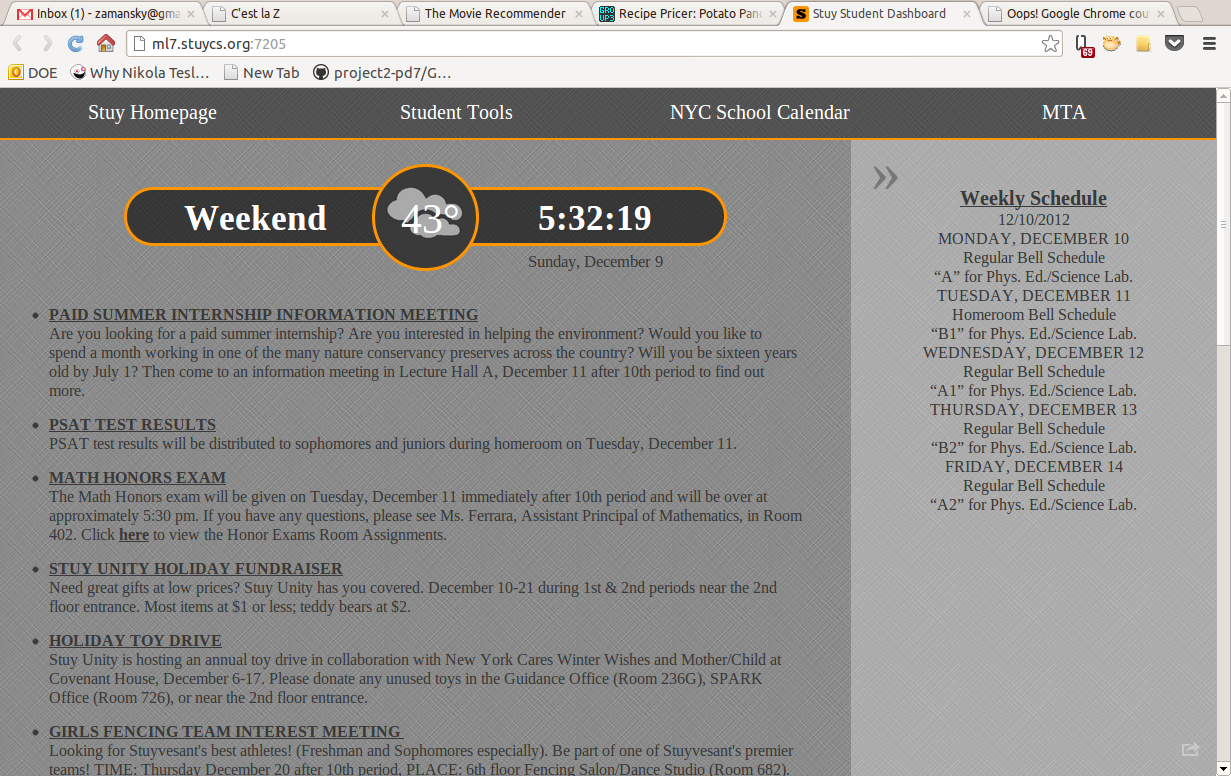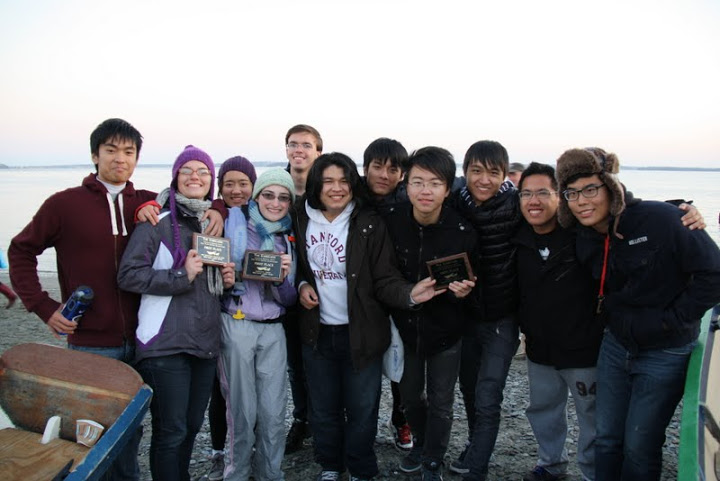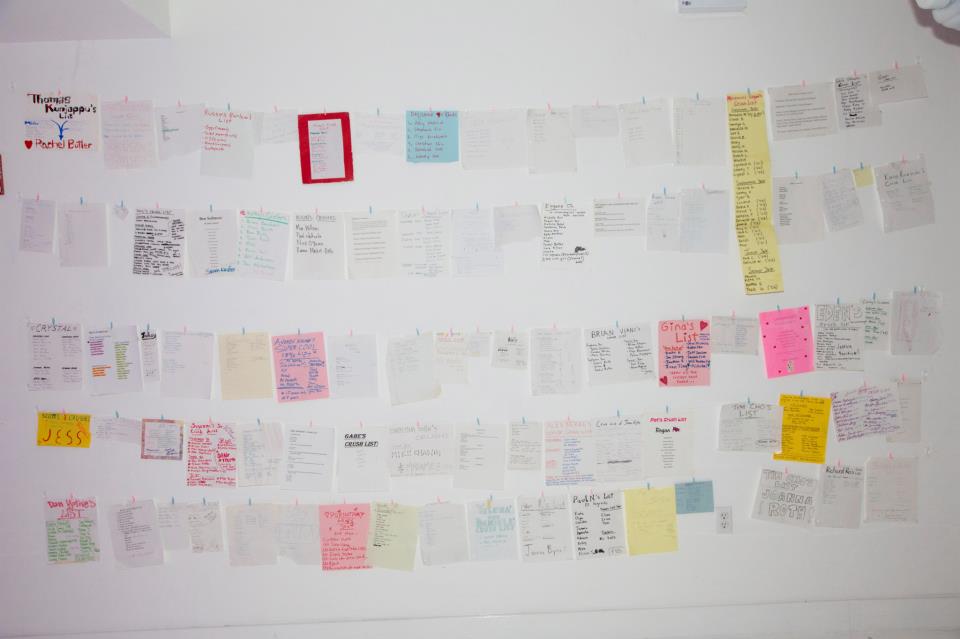Schools, Snake Oil, and the SOTU
Today I had the privilege of attending my second live State of the City address. Mayor Bloomberg didn't spend as much time on education as he did at last year's address but he did take a moment to give a shout out to charter schools. It gets old hearing the same false story about how charters are better than public schools. At least we have people like Gary Rubinstein and Diane Ravitch trying to set the record straight.
What's worse, when public schools are lauded, it seems that the ones given the spotlight are selling the same snake oil as the charter schools. Gary Rubinstein recently posted on one case here but I'd like to talk about another.
This week President Obama gave his State of the Union address. He gave a shout out to P-Tech, a new school with a six year (9-14) program. It's a partnership with IBM and students completing the six years will have the opportunity to interview for a job at IBM (note, that's an opportunity to interview, not an actual job). When I heard the shout out, my stomach sank.
P-Tech is being hailed as a new model for public education but for me, it raised serious questions.
First off, when did we start considering a school, under two years in existence, a success. The education reformers love to talk data yet here's the President, lauding a school that's collected no data. I personally feel that P-Tech is more style than substance but we won't know either way for another six to ten years.
In any event, let's think about the possible outcomes.
The best case is a student selects P-Tech in the 8th grade and leaves six years later with a solid job at IBM. What's wrong with that?
Well, since NY dismantled all the large schools, all that's left are small "themed" schools. Since they're small, they don't offer a wide range of electives, only ones in their theme. So, a youngster has to know that they want to do in 8th grade. Should a thirteen year old be forced to make a decision like that?
Another question is will there be quality jobs waiting for these kids? With more and more computing moving to the cloud, will there be jobs waiting for these kids in NY six years after they begin?
I have numerous other questions about P-Tech, but I really want to focus on one more here and it's one that surprised me when I started thinking about it.
It's not really a commentary on P-Tech but more on "early college" and what we consider college level work.
After the President's shout out, I decided to see if P-Tech would have something to say about it. I ended up reading a piece by Principal Rashid Davis where he talked about fifteen of his students earning a "C" or better in a college level course at City Tech, a CUNY school.
My first reaction was "that's really cool." Then I started to think. My daughter's graduating high school this year. She's very smart and capable and has always achieved academically. I wondered, how would I feel if the courses she takes next year are at a level of rigor such that she could have succeeded as a high school freshman? My answer was that I would be very disappointed in the college.
She backed me up by saying that she felt, looking back at all the AP courses she has taken, she probably wasn't ready for most of them in her freshman high school year. My own observations back this up. At Stuyvesant, we teach an enhanced version of the old AB AP Computer Science curriculum. We teach this to students in their junior year. Years ago, I had some sophomores enrolled and while a few succeeded, most of the time, the kids just weren't ready.
I don't mean to say anything demeaning to Mr. Davis' students here, but if our colleges are teaching courses in which a typical high school freshman can excel, then maybe they shouldn't be college level courses.
I've never really believed in the "early college" model anyway. We teach A.P. computer science at Stuyvesant but most of our CS sequence is designed to complement what our graduates will face in college. We're giving them the missing pieces. Yes, there is overlap, and I do believe we have a similar level of rigor but we strive to give the kids something they won't get otherwise.
In any event, at the end of the day what do we have? Plenty of snake oil to go around.
